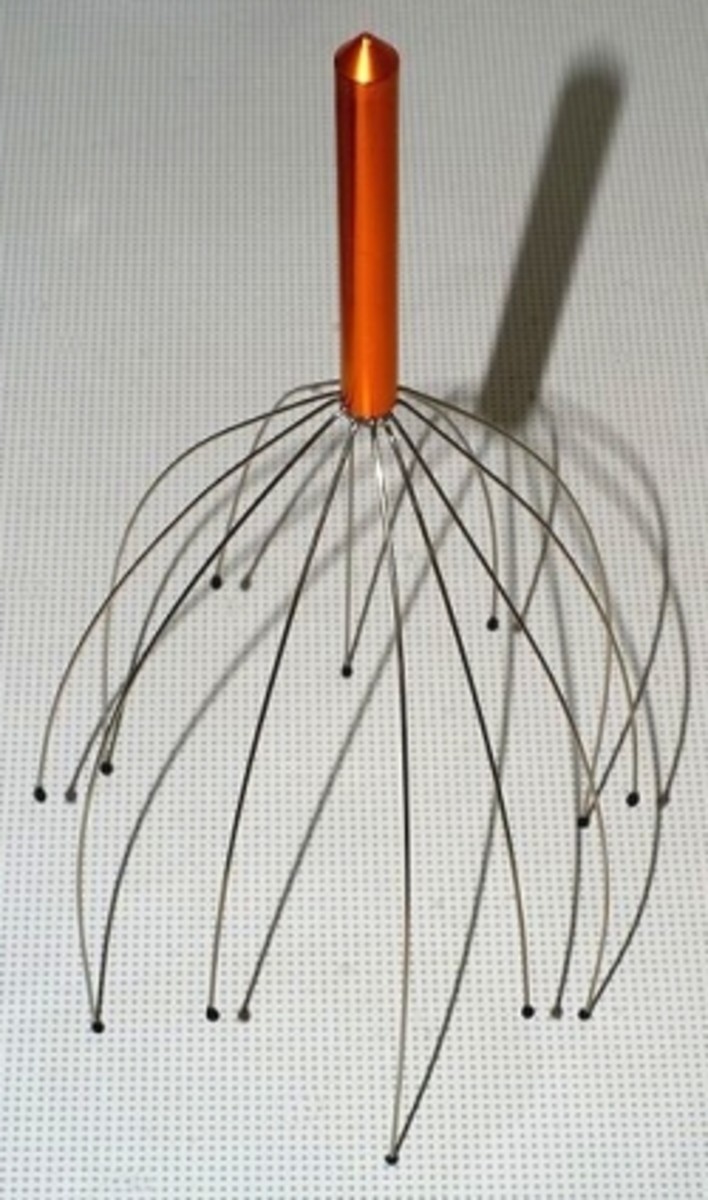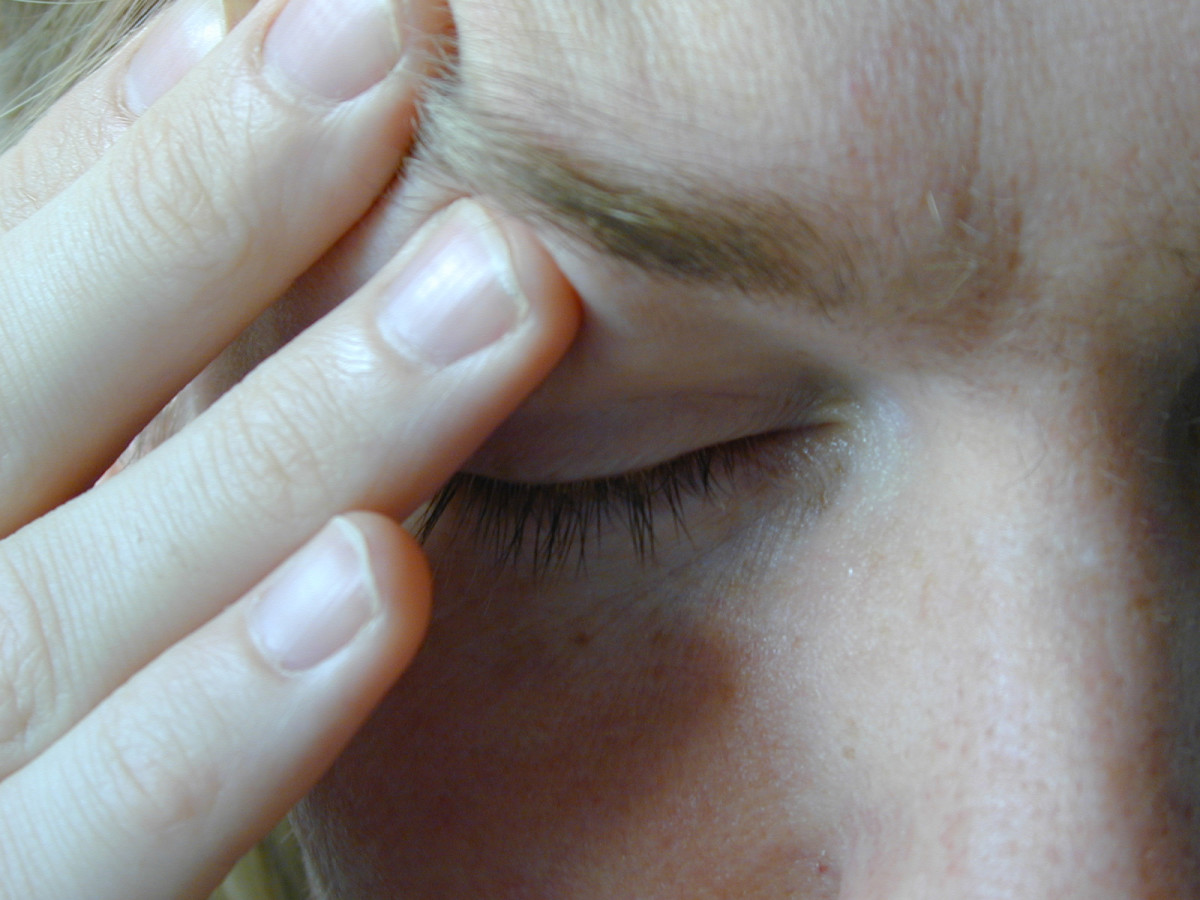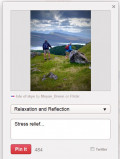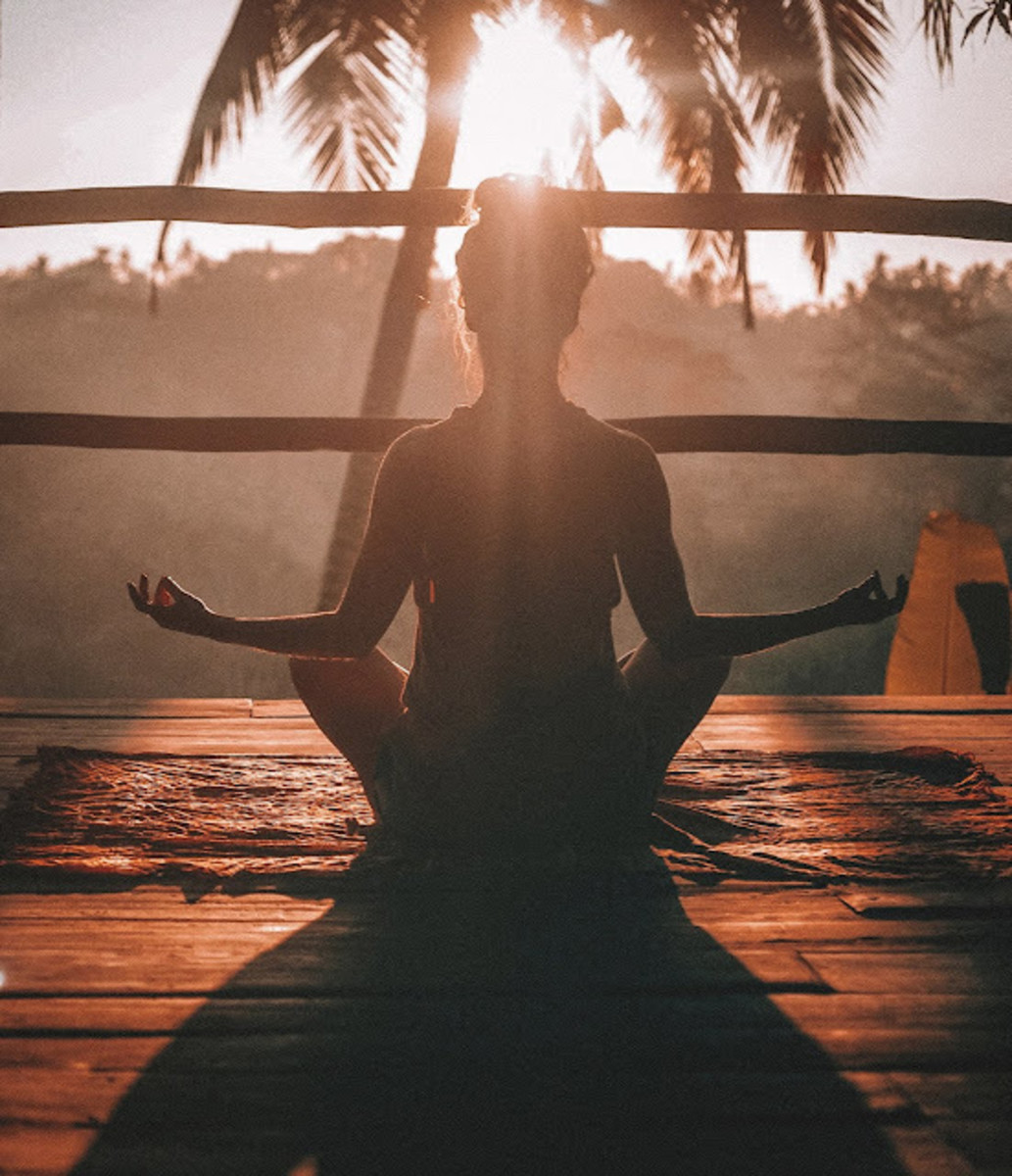Relaxation Techniques for Less Stress

Stress Happens
People get stressed.
It’s a fact of life. Somehow, sometime we all fall prey to the rigors of life and the common things that make us worry. There are all kinds of stress – mental, physical, and emotional. They are all bad and they all take their toll.
With physical stress, normally all we do is get onto a couch and have a lie down. In case of actual physical pain, over the counter pharmaceuticals could be used. Or maybe, some herbal tea would do the trick.
With mental stress, the trick is to figure out what the problem actually is. Some people would argue that it all boils down to two types of problems – problems you can solve and problems you can’t. The problems that you can solve you should go about and solve them. The problems that you can’t solve you either a) get help to resolve them or b) not worry about them because they are out of your control.

There is also emotional stress. This happens when the human mind encounters a situation that is so emotional that the mind will not let the body rest. It is caused when thoughts and desires are not met or when a catastrophic event occurs – like the death of a loved one. And those scars run very deep – to the point that psychological therapy may be needed in severe cases.
There is also imaginary stress. This is the stress that occurs when we worry about things that might not happen but we think will. Our mind drives our emotions and our bodies and when it does, it causes specific physiological havoc.
However sometimes all you need to do is physically relax your body and convince your mind to slow down to relieve some of the physical side effects of stress. We do this because in reality, your body just doesn’t know the difference between stress we imagine and stress that is real.
How often do you feel stressed?
A Simple Relaxation Technique
In what would probably be termed as basic meditation and breathing techniques this technique can be done anywhere at any time.
Follow these simple steps:
- Find a chair and sit down
- Close your eyes
- Begin by taking a deep breath and hold it for 2 seconds then exhale slowly. Repeat five times.
- Continue to breathe slowly, but now count backward from 100 and with each inhale tick off even numbers and with each odd number exhale.
- Repeat this until you get to one or until you relax. If you lose your place, start over.
I find that this technique helps me not only relax but also take any nagging stressful thoughts out of my head. It has the benefit of helping you slow your pulse rate and it will relax your body. If you do this at night as a technique to help you sleep you may find yourself unconscious before you finish your count – and after that, who cares if you finish counting.
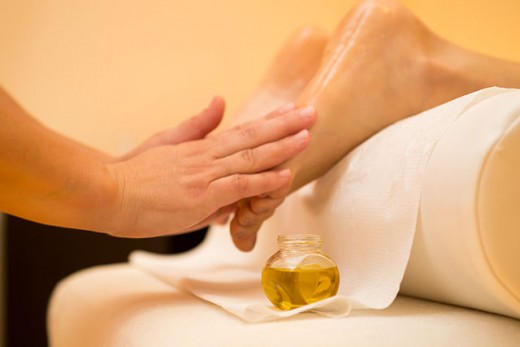
Benefits of Reflexology
Problem
| Improvement
|
|---|---|
Cancer Recovery
| Reduced nausea, improved appetite, and improved mood with reduced anxiety
|
Diabetes Type II
| Improved blood flow rate
|
Migraines
| Three months after a treatment 16% of migraine sufferers report no longer needing pain relievers
|
Kidney Functions
| Improved renal blood flow during therapy
|
Reflexology
Sometimes, there's only so much deep healing breathing you can do and still not get the relaxing results you want. The back muscles are still tense and you may still have some tension.
There's always reflexology.
Reflexology is an alternative medicine technique that involves exploiting pressure points within the back, arms, feet, and neck. It is similar to acupressure. The official medical community hasn't gotten fully on board with reflexology as medicine. However, most people who have actually gone to a reflexologist report a lighter, looser feeling. And while it has not been fully embraced in the US, it is one of the most used alternative medicine techniques in Denmark with 6.1% of the population reporting that they'd used it within the last year.
The University of Minnesota reports positive benefits with reflexology for some issues. It has been shown to reduce pain, alleviate types of depression, aid with nausea in cancer patients, and encourage relaxation and sleep. There have also been reports of improved kidney health and performance after regular sessions.
Reflexology sessions with a skilled practitioner range in price from $25 to $40 for a half hour.
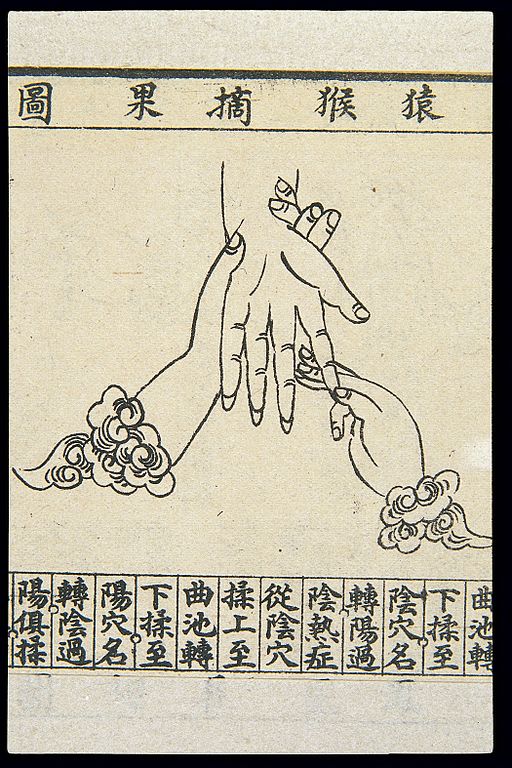
Self Perform Acupressure
Perhaps it's money trouble that's making you stress out.
If you don't want to splurge for the reflexologist you can always do a bit of acupressure to yourself. There are some relatively effective ways to help you relax by working within your own pressure points. Acupressure was designed to find relief naturally through the manipulation of pressure points on muscles - similar to reflexology, only you do this to yourself.
The Chinese have been using acupressure for centuries and claim that it will work with everything from pain and anxiety to helping with learning disorders and promoting better sex. This is all based on how energy flows within your body. When the energy is blocked, the body feels pain.
Without going into the healing power of Reiki (an eastern technique of life force manipulation), there are simple acupressure techniques that anyone can do that are quite effective if done regularly over a period of weeks.
Here's one technique:
- Using a personal measurement called a "cun", which is the length of the middle space of your middle finger, go 2 cuns down from the wrist where the two main tendons are. (You may wish to make a fist so that you can see your wrist tendons)
- Gently massage with your thumb in a circle motion at that place. Massage for one minute.
- Switch arms and repeat.
There are a variety of other techniques for other relaxation purposed but the above should aid in helping you sleep. For more techniques, I recommend the book, Acupressure for Emotional Healing by Michael Reed Gach, Phd. and Beth Ann Henning, Dipl. A.B.
Relaxation on Amazon
Final Words
The thing about stress is that real stress and imaginary stress have the exact same effect on the body. As I mentioned before that with real problems and imagined problems you handle the ones you can handle. For the ones that you can’t handle you can’t worry about because there is nothing you can do about them.
For example, as I’m typing this, my house is in the cross hairs of Hurricane Sandy. I live in a wooded area with many trees that can cause monumental damage. All reports say that this storm is the worst this that has ever hit New Jersey and it will first hit landfall less than 15 miles from my house. There is a high probability that 75 mph to 100 mph winds will be sustained for hours from tomorrow afternoon to Tuesday evening.
Right now, I have “battened down the hatches”. I have taken every bit of loose furniture from outside and put them in a secured location (whatever that is) and I have made emergency plans in the event that a tree hits a power line that could cause a fire or blackout. In addition to this, I have bought canned goods and all the candles that I may need for the next few days.
Am I nervous? Hell yeah. Is there anything I can do about the storm without evacuation to someplace that is two states away? No, there isn’t.
So, between today and tomorrow, I am going to try and keep calm and collected. Should the worst happen, I will try to do my best. And let me tell you, I’ll be doing that exercise to keep me calm enough to sleep.
© 2012 Christopher Peruzzi


